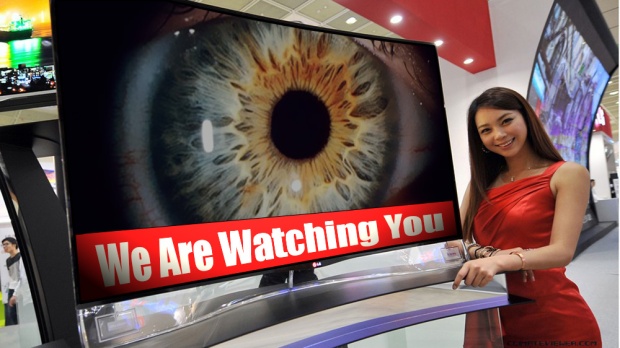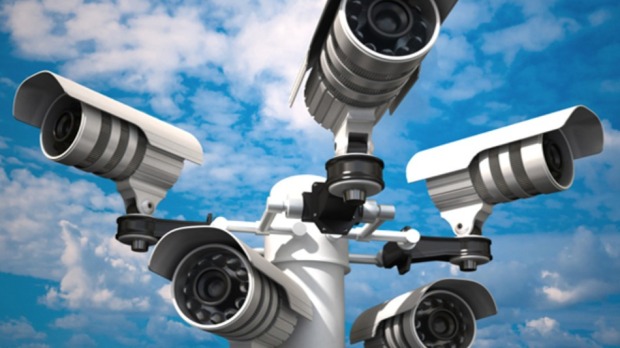The 4th Amendment at US Border Crossings (Part 2)
This is a series. So once again, sharing gets the next one published quicker. Thanks for your support.
Now we get to the point of what will happen in the worst case event that you are detained and searched at a border crossing. But first, let me just clue you in on what leads up to you getting singled out while everyone else keeps moving. First of all you should always look the part when crossing the border. When you show the agent your passport you will be asked what you were doing in that country you are coming from. The answer you give should fit the way you are dressed and smell. If you were there on business, you should be cleaned up and look business like. If you were on vacation, you should have some bags that would look like what is needed for the length of your stay. You should not smell bad in any instance. Standing out from the herd is what gets a second look.
Secondly, when you meet the officer at the border you should already know you are going to be asked to show your passport. You should have that ready to show and be ready to answer some simple questions. How long were you there? What was the purpose of your visit? Are you a US citizen? That last one gets a lot of people detained for no reason other than they think they “know their rights”. If it is possible to answer “yes” or “no” to a question, do it. The officer has thousands of people to talk to and doesn’t need to hear your explanation. When you start explaining things you give the officials more time to inspect you and it is a pretty good rule of thumb for the officers that when you start babbling about some nonsense they should suspect criminal activity is afoot. Show your passport, give short answers, and look the part. That is the best way to avoid even being searched.
There is one other problem you may face. They know who you are. Ignorant people like to pretend we are living in the 19th century and technology is limited to how fast they can chase you down. It’s not like that. If this is not your first rodeo, you may as well be adhering to the letter of the law because there is a good chance you will be singled out. If you have ever been caught up in the drug industry or anything involving human trafficking, I suggest you find a new career. Even if your past problems were in some town hundreds of miles from the border you are known in the secret data base. By the time you make it to the border guard your face has already been analyzed by facial recognition software that identifies you. You are then run through a secret data base and you are toast. Once again, if you have a history don’t try to do anything stupid. You shouldn’t be doing shady things even if you haven’t been in the mix before. Take your vacations and enjoy yourself but don’t think everything you dream up to try hasn’t already been tried. The border agents are professionals. The alleged “professional” smuggler is not a real person. Anybody who does it will be caught eventually. So please understand, this article is about a law abiding citizen avoiding being searched for unnecessary reasons.
When you get detained and searched, you are at the mercy of your captors. Being friendly will not necessarily help you or speed anything up but I can guarantee you that being rude and obnoxious will make things bad for you. I have much more to advise you on, but that’s all for today. Part 3 is coming soon.


